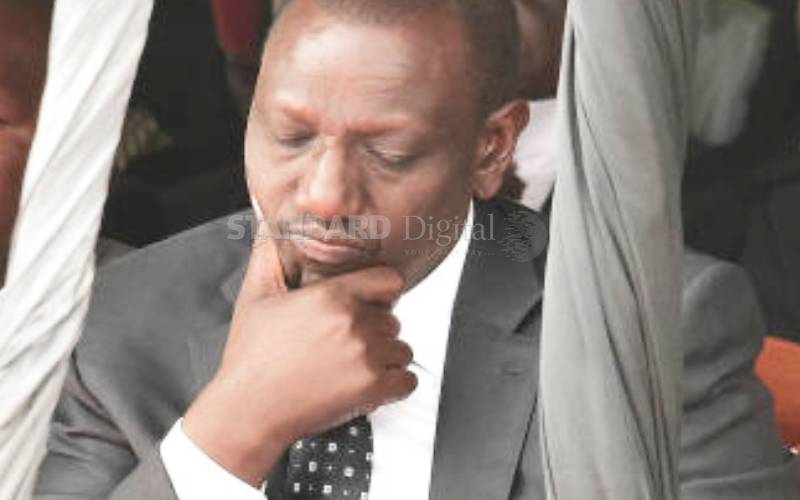×
The Standard e-Paper
Kenya’s Boldest Voice

Jubilee Party has achieved its objective. Ten years for Uhuru Kenyatta as President and 10 years for William Ruto (pictured) as Deputy President and has gone the way of our ancestors.